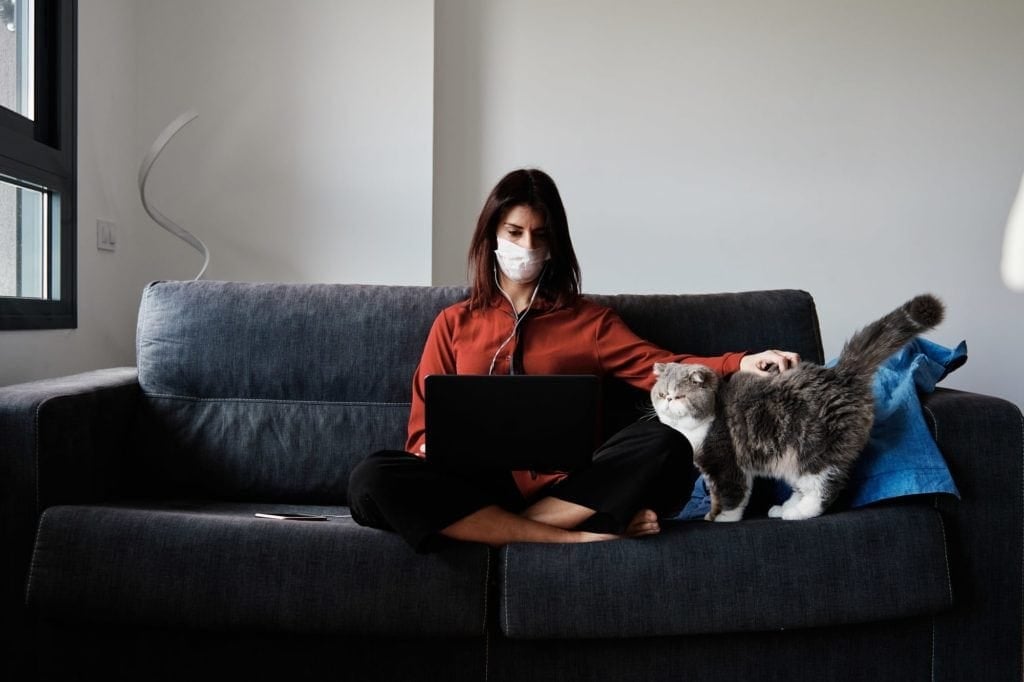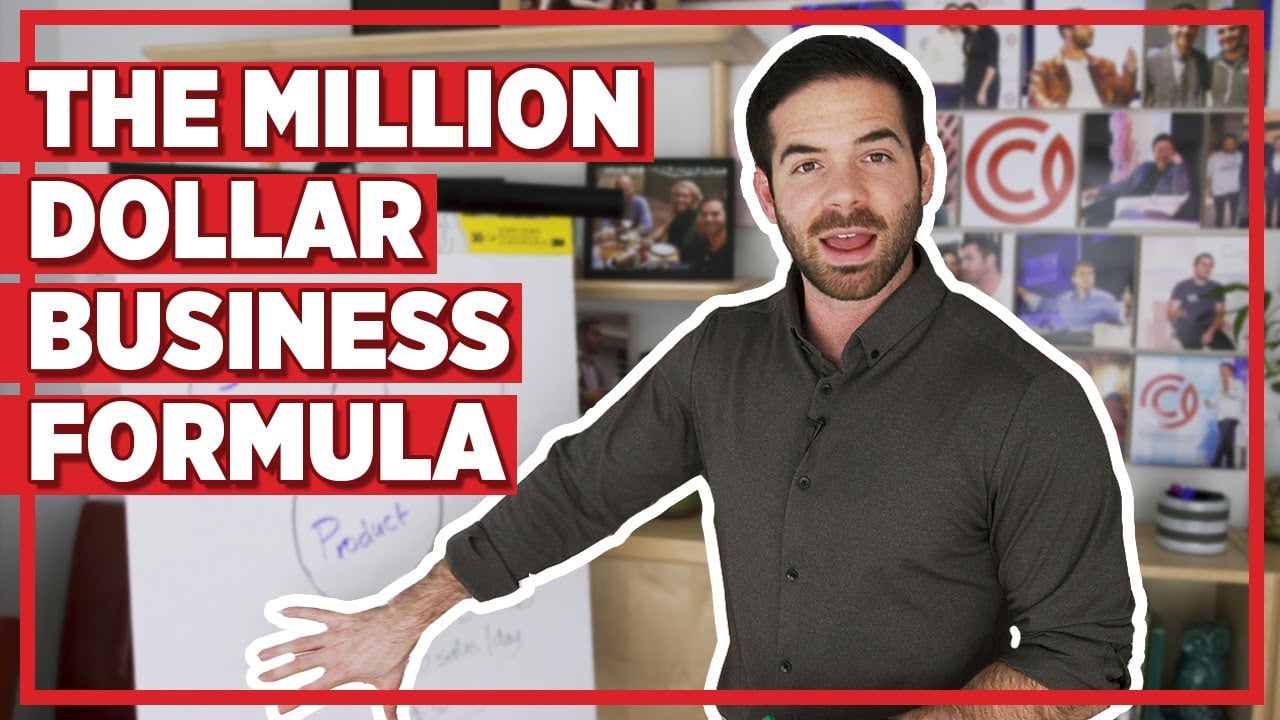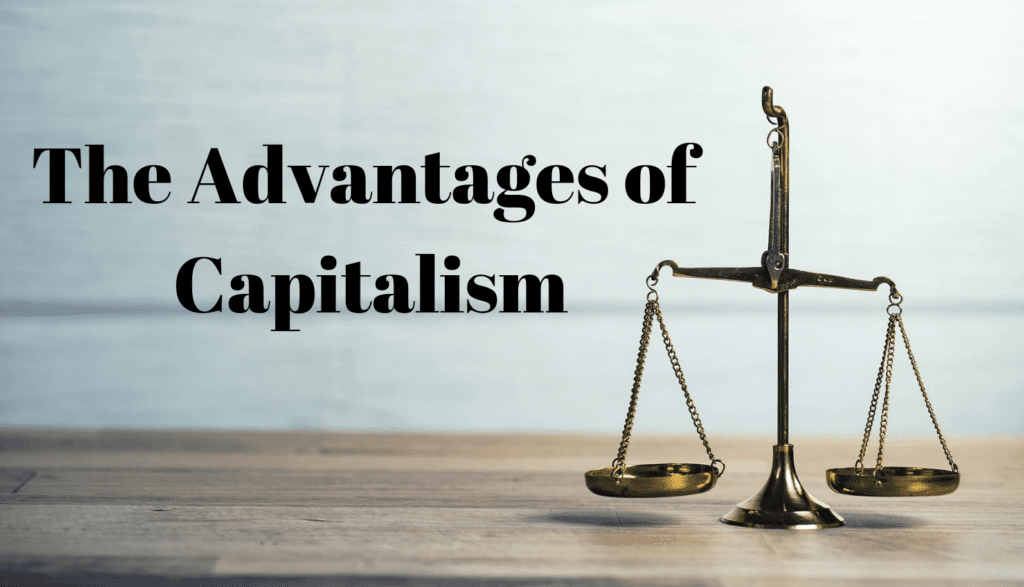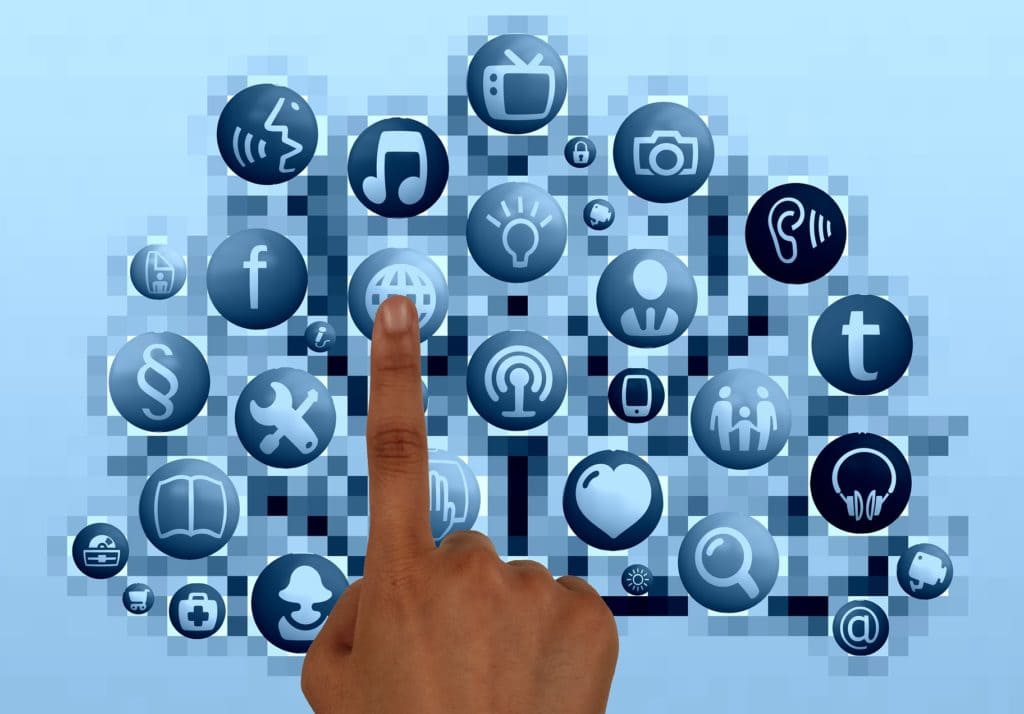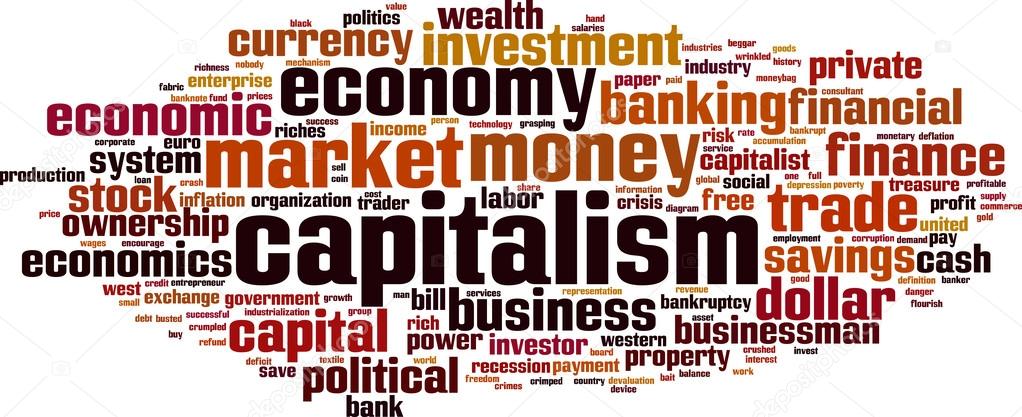Once the quarantine ends, what changes can the business world expect?
"When will things go back to normal after the quarantine?" As consumers, we want to go out to eat, to get our hair cut, to be able to go to the gym, to the movies, to worship services. And for those of us who've been relying on Zoom to see our loved ones, the end of lockdown can't come soon enough.
For business owners, the last day of quarantine means the first day of rebuilding. We wonder whether our employees will come back. We hope our customers will come back. And we're eager to fling our doors open and get back to business as usual.

Except for a lot of industries, there may be no going back to normal.
Humans are exceptionally good at adapting. We are also creatures of habit. Creating a new habit that sticks takes anywhere from 28 - 90 days, a time frame that easily matches how long we've been in lockdown. In other words, some of the habits we've developed during quarantine will stick with us for the rest of our lives - and for generations to come.
Just given how we humans do, the truth is…
We probably will NOT have a return to normal, in the sense of going back to how things were before the quarantine.
Instead, we've discovered new ways to get the supplies we need, to work (for those whose jobs weren't obliterated), and to use our free time. Some of these new ways, we rather like. Others, we can't wait to say goodbye to - like social isolation, wearing masks in public, and toilet paper shortages.
But let's look at some adaptations we've made that we'll likely keep. Further, let's see how they'll impact ten industries and facts of life that once seemed set in stone.
10 Things We'll Probably Leave Behind After The Lockdown

#1 Commuting
Your Commute Is History After Quarantine
If you've been on the road in the last month, you may have enjoyed the empty roads and the ability to drive the actual speed limit. You probably don't miss the traffic. You sure don't miss fighting other cars to get to work on time. We'll talk about office spaces in a moment, but the daily commute may be a thing of the past. Businesses have been allowing their employees to work from home for a long time. But we may see the end of requiring groups of people to be in the same place for a long time.
Also, due to the economic slowdown, there's a good chance many companies will downsize over the next 6-12-18 months. So companies will probably become a lot smaller, leaner, and more efficient.
There will probably be less of a need to go into an office space. Instead, working from home will become a new set of challenges that we need to address. Rather than office politics or fighting for two weeks vacation, we will have other challenges. How do we care for our children who are home while we're working from home? How do we balance and separate work time and family time? What kind of changes will a permanent home office require?
Regardless of how we adapt to this change, the daily commute is likely a thing of the past.

#2 Business Travel
Your Frequent Flier Diamond Status Just Crashed
Before COVID-19, in-person meetings were the norm in the business world. Executives thought nothing of hopping a cross-country flight for a one-hour meeting, then flying back home in time for dinner. Our road-warrior ways were perfectly normal then as we attended critical meetings and prioritized important clients.
But did we enjoy it? Not really. And to be honest, it wasn't even always worth it.
Now we've seen how effective teleconferencing and video chats can be. Entrepreneurs, executives, and business owners will likely travel a lot less for the next several years. Until the day private air travel becomes democratized and normal, we'll avoid airports and small planes.
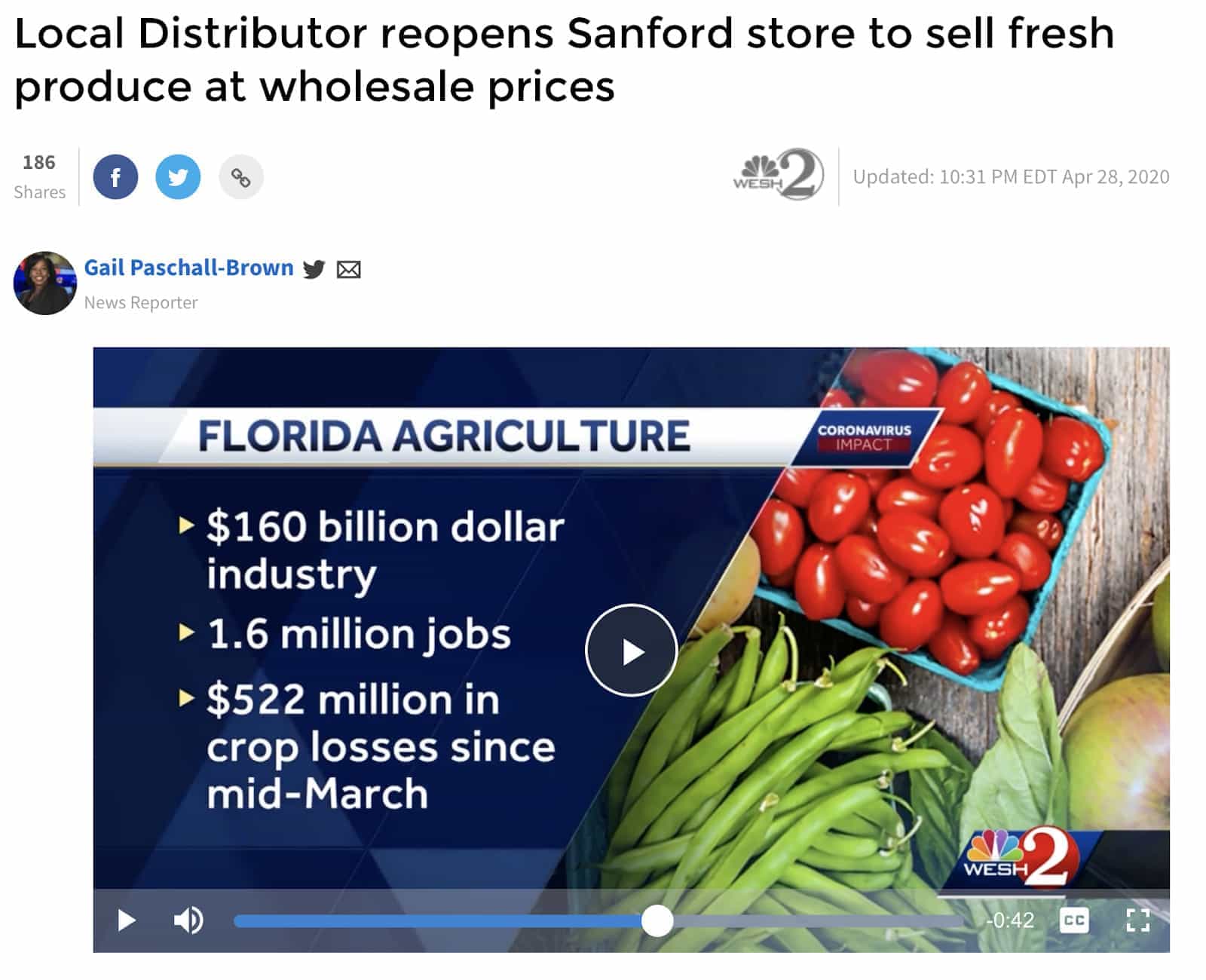
#3 Retail, Real Estate, and Pricing In General
EVERYTHING Is On Sale
Prices on everything are coming crashing down. This includes gasoline, travel, vacations, and common luxury goods like food delivery and movies, as we're already seeing.
The prices of everything else are about to follow that plunge. That includes salaries, commissions, the price of consulting, the price of the products you sell. Stocks, real estate, rent prices - they're about to come crashing through the floor.
The Upside of Lower Prices
If the government stays out of the way, this will be a really great thing in the long run. Low prices are one of the reasons innovation happens. When you have low prices, you can be creative and come up with new ideas.
Consumers stress less when prices are lower because it's easier to maintain their standard of living. Some will decry deflation, but to many consumers, lower prices create new opportunities.
The Downside of Lower Prices
As record-high prices fade into the rearview mirror, we will go through a restructuring of the economy, including a period of widespread job losses. It will cause many people a lot of stress as they look for new opportunities and adjust to their new reality.
However, by moving into an "everything is on sale" period, including real estate and rent, entrepreneurs and investors will see tremendous opportunities.
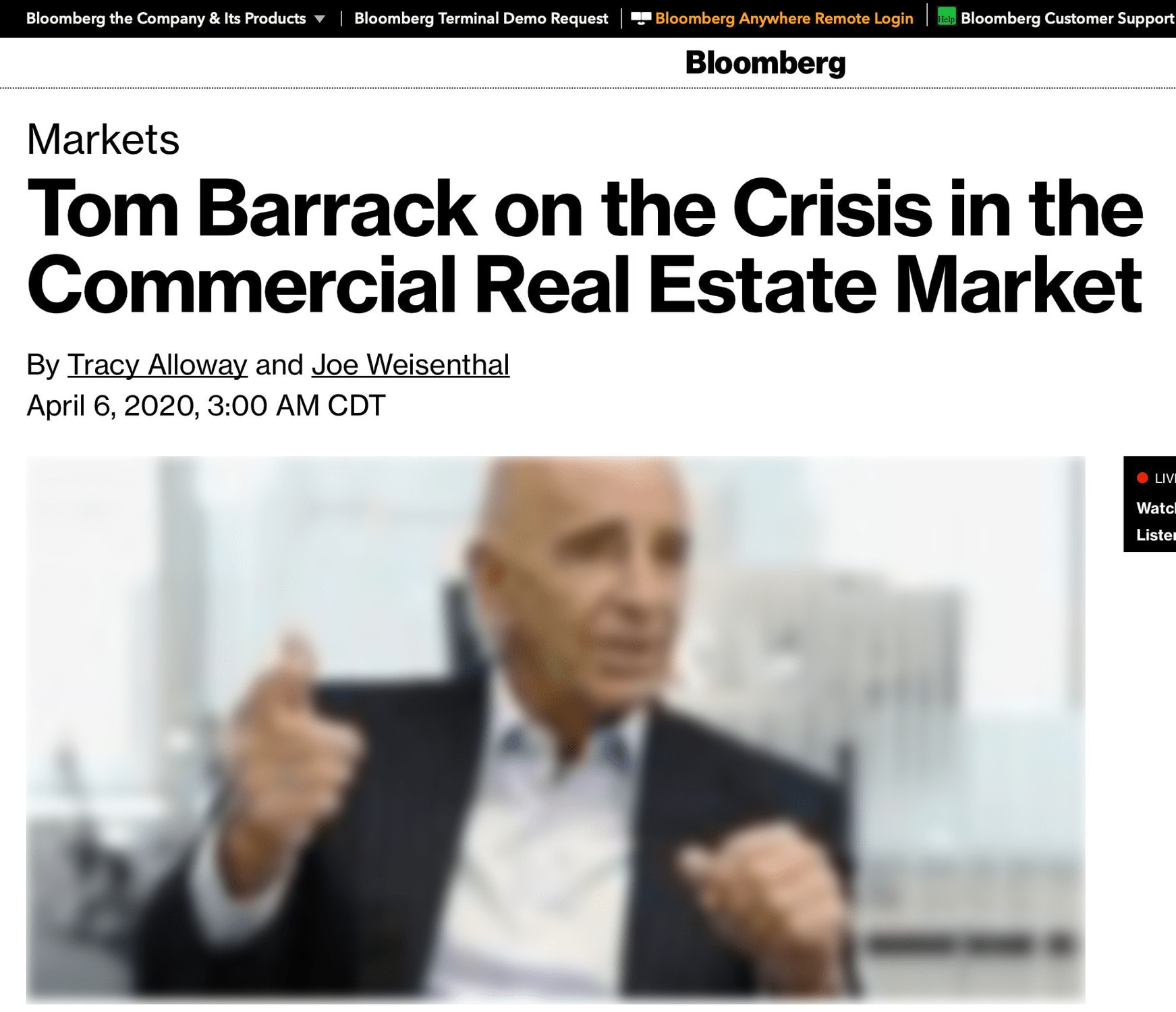
#4 Office Space
"The Office" Is Now Just a Sitcom, Not a Workspace
If fewer people are commuting into work and if millions of businesses go out of business, as many predict, the need for office space will decrease dramatically. Manufacturing facilities, retail storefronts, and even grocery store sizes will see a reduction in their space requirements. We won't need so much space for employees to do good work. The result will be a more efficient use of space.
We will need less physical space to do our jobs. This will free up real estate for us to build what we want and need in the new normal. Office space probably won't be on that list.
With more people working from home, the need for physical meeting space will plummet. Employees will adjust to working at home permanently. Customers will get used to dealing with remote workers as they do business. Telecommuting and video conferencing will be the norm. Some companies will maintain office space, but the size of those spaces will see a sharp decline. Developers will demolish commercial office complexes and replace them with more useful spaces. Or they'll restructure these spaces to accommodate other needs.

#5 Organized Religion
Church Goes Home
The megachurch may be a thing of the past. Meeting with 5,000 strangers, as happens in many churches in Texas, California, and other places throughout the country, may quickly lose its appeal. Churches are already streaming every week. Moving forward, you may see a return of the home church. That's how believers "did church" as recently as a hundred years ago. Families and small communities would gather to practice their faith together in a more intimate setting.
Going into a big, crowded house of worship to hear a sermon and worship together is simply unnecessary. Now, if you want a sermon or lesson, you can tune into a podcast or stream them online. Family watch parties will become the norm. Small groups will study their religious texts in homes rather than joining with thousands in massive buildings. Houses of worship will serve their flocks with small, intimate gatherings that build deep social connections. We're starved for that, now more than ever.

#6 Car Dealerships
Buying a New Car? Add to Cart
Tesla pioneered the model of being able to order a car online. Carvana pioneered the idea of a car vending machine. These are early signs of the car market changing. But with the changes in the economy after the Coronavirus, car dealerships will become a thing of the past.
There's simply no need to manufacture so many vehicles then leave them on car lots waiting for someone to come see them. It makes way more sense to research consumer reports on your own, then have your car delivered to your doorstep.
This is how we'll buy cars in the future. However, the result will be that these large car dealerships are no longer needed and that real estate will get cleared for other uses. We might finally also be free from the annoying car dealership commercials that plague us whenever we turn the radio or television on. (Oh, radio may be a thing of the past, too.)

#7 Mass Gatherings at Events, Parties, and Entertainment Venues
Small Talk Just Died (You're Welcome)
Gone are the large social gatherings of yesterday. We're about to see a restructuring of the way that we connect. Remember bouncing from one social event to another? So desperate for a sense of connection with other humans were we that we put up with the soul-gutting small talk that came to the party, too. We craved deep connection, but we swiped left and settled for surface-level friendships.
Living under quarantine highlighted our desperate, deep need for real social connection. With the genuine risk of spreading disease, we learned to be more intentional. We chose who to spend our time with, and made the most of every interaction. In choosing quality over quantity of social interactions, we may very well keep a small group of friends we see frequently enough to foster deep relationships with. In other words, we'll learn to develop deep social circles rather than a vast mass number of connections that don't go very deep. Social gatherings and social connections will never be the same.

#8 Shopping Centers
No Loitering At the Mall… Ever
One of the benefits of COVID-19 and quarantine has been our mass experiment with getting EVERYTHING delivered. Now going to a store to shop feels like a radical and strangely archaic way to get what we need. We don't cruise the aisles, looking for what's new on the shelves. We don't window shop or kill time browsing in bookstores. Kids no longer meet up with their friends, only to be hassled by security guards. (Good times… good times.)
The prime real estate shopping centers and malls now occupy will go the way of office buildings. Investors will come in and knock them down or remodel them to suit more meaningful uses.
Despite shortages on some goods, consumers have gotten a taste for home delivery. That preference will become the norm. E-commerce and on-demand delivery will continue to expand. This will be great for consumers, but terrible for retailers. However, many of them will finally take the plunge into an online distribution model. Once they get that shift dialed in, they may thank their lucky stars for the nudge.
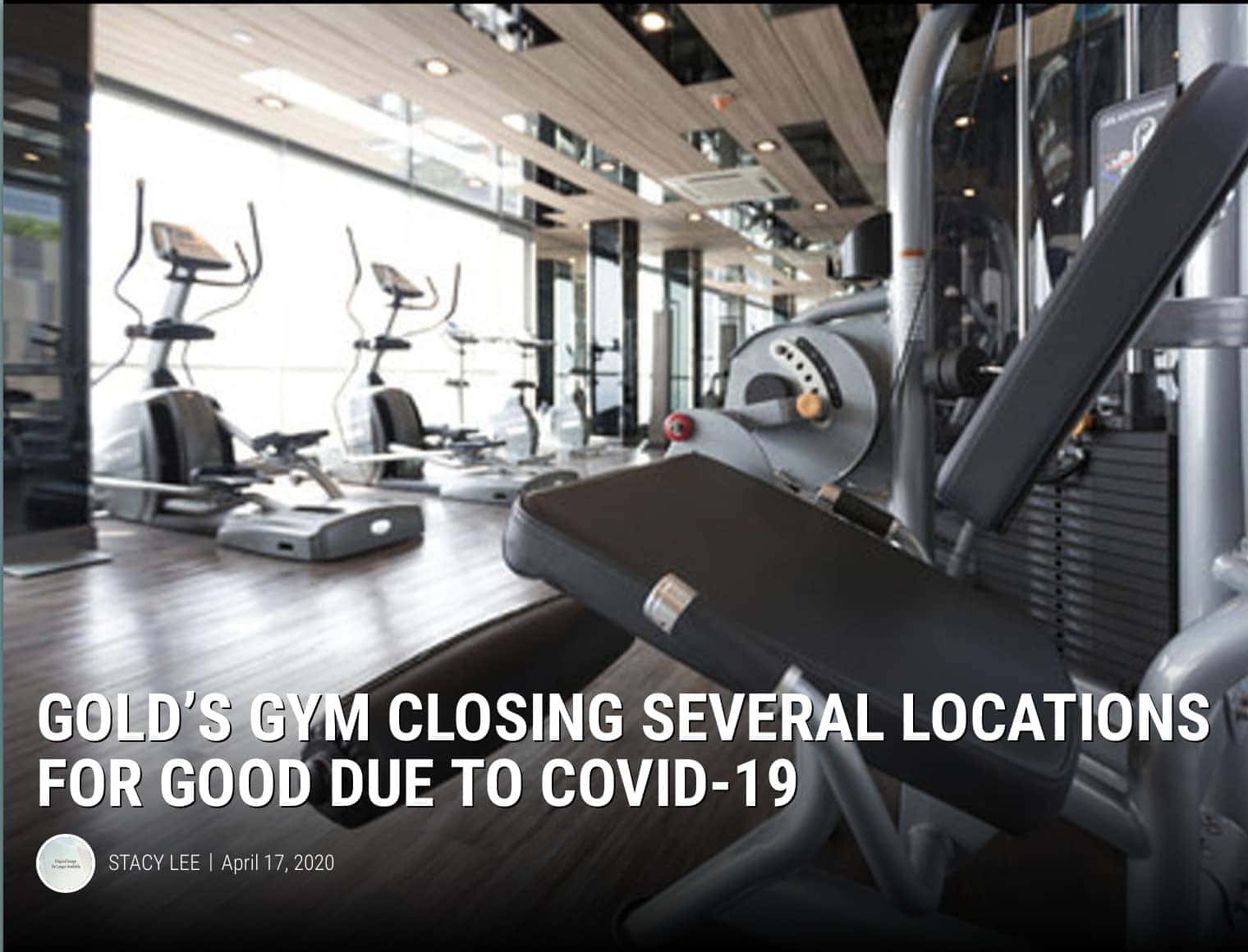
#9 Gyms
Gym Rats Get Benched
Gym rats grieved as they learned their favorite place to go would be off-limits during the quarantine. But now, not many dream of going to a crowded gym with hordes of sweaty people touching the same equipment they use. That's not going to change over the next several years.
Instead, what will likely happen after the quarantine is more in-person training, digital classes, and online fitness instruction, like Zoom dance and Pilates classes. The entire fitness industry will go online as people spend more time at home and stay away from crowded areas. Personal trainers will now charge premium prices. After all, they'll have to come into people's homes and be very choosy about who their clients are. Personal training will likely become a luxury good rather than a commodity. Training will come to us, and going to a nasty, busy gym in person will become a memory.

#10 Colleges and Universities
College Flunks Out
Even before the pandemic, you'd have been hard-pressed to find anyone alive who thought the university model was working. In fact, the common understanding was that the college system is broken.
We've heard people suggest that we should make it free. We've heard people suggest that it should go completely online. But everyone agreed that graduating with a mountain of student debt was an abomination.
Degrees aren't worth what they used to be. The university system, bloated by easy loans delivered diluted economic value. COVID-19 put a spotlight on the system's flaws and made them impossible to ignore. Even now, some colleges are planning for the next academic year to take place online.
Education will be completely democratized and then demonetized. Sweeping changes will result in long-awaited reforms, making high-quality education available in whole new ways.
Already, we have online learning platforms, a vast worldwide library of podcasts, and free training in any niche, industry, and subject imaginable. Many of the smartest people on the planet already make their knowledge freely available and easily accessible to anyone who wants it.
The college environment will no longer be necessary. Instead, we might see more private mentorship, individual mentoring, and learning in a small group setting. Already, you can learn everything you need or want to know about any topic under the sun, absolutely free. We just still haven't shed the outdated and overblown respect we have for hanging a diploma on the wall.
Older generations will likely resist this shift, clinging to the "smart people go to college" model. But the younger generation already suspects that their college degrees are worthless and not worth the debt burden they'll carry for decades. COVID-19 is the final nail in the coffin for the university as we know it.
The Takeaway
Everyone's waiting for things to go back to normal after quarantine. But life goes on. The world has always moved forward, evolving in the face of the challenges of the day. As we taste from a whole new menu of options, we find some offerings we like and others we don't. We embrace and run with the elements of the "new normal" that serve us, and they become just plain old "normal" with time.
COVID-19 and the quarantine have given us a glimpse of one possible future. Some industries have seen better days and were long overdue for an overhaul. Others emerged from the fire strong enough to take their place. There's never been a more interesting time or a greater opportunity for entrepreneurs. As always, they launch businesses that solve challenges for their customers. Inside our private community, The One Percent, we're rolling up our sleeves and answering the call to create change in our world. We help each other build businesses and increase our freedom. We'd love to help you build something great, too. Maybe it's time. Here's your invitation.
